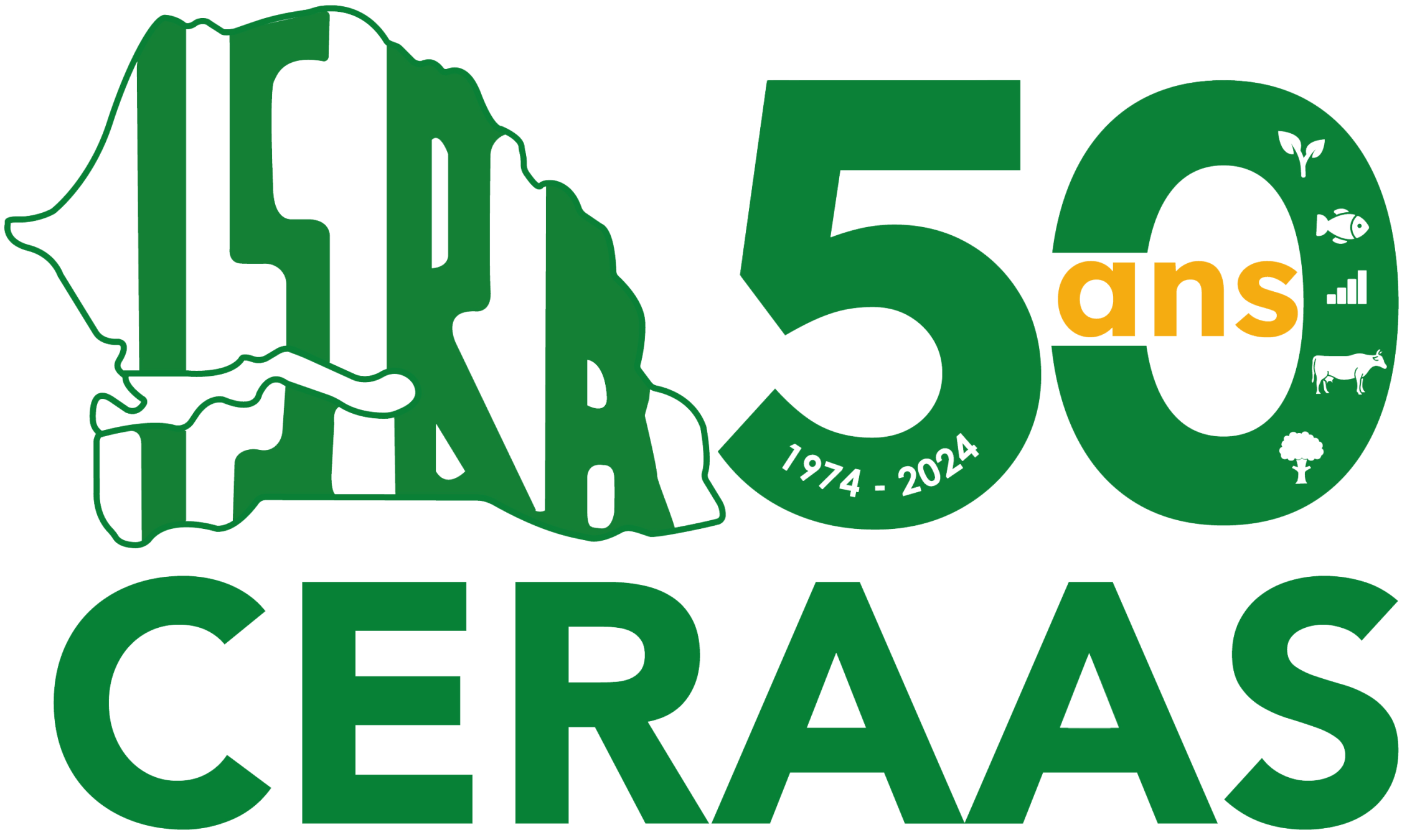With regards to plant improvement, ISRA (CERAAS) through the Regional Center of Excellence, is coordinating four
(04) projects on sorghum and millet within the framework of SMIL and the establishment of a new innovation center
(02 projects) within the framework of ILCI. Cowpea improvement activities (04 projects) are being undertaken within
the framework of the LSRIL and variety testing and best agronomic practices are underway within the framework of
SIIL Phase II (02 projects). Under the PIL (06 projects), peanut variety improvement is based on new techniques in
genetics, genomics, phenotyping and data management. FSIL (01 project).
Some programs/projects supporting crop improvement toward agricultural productivity enhancement and economic development in Africa.
p { margin-bottom: 0.25cm; direction: ltr; line-height: 115%; text-align: left; orphans: 2; widows: 2; background: transparent }p.western { font-family: "Times New Roman", serif; so-language: en-US }p.cjk { font-family: "Times New Roman"; so-language: fr-FR }p.ctl { font-famil

Accelerating the implact of Cgiar climate reserach in Africa (AICCRA)

